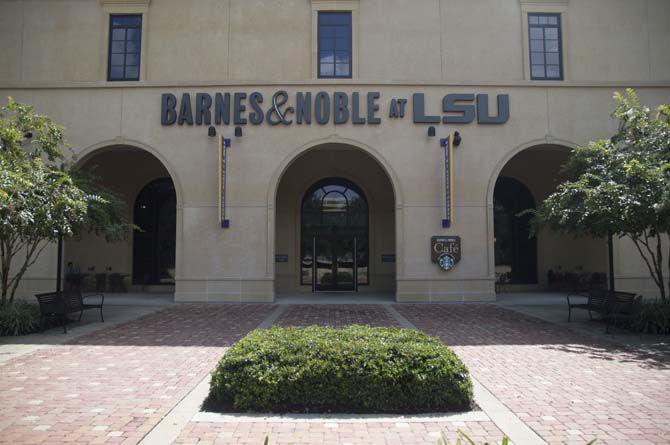In response to the previously submitted “Letter to the Editor” regarding underutilized textbook resources, there is no question that the outrageous price of textbooks imposes an undue burden on students. Forgoing purchasing required course materials can cause anywhere from minor nuisances all the way to major grade implications. But the problem won’t be fixed by what these large publishing companies are offering. The nature of the textbook industry allows several multinational publishing companies to completely dominate the market. Instead of completely relying on publisher-sponsored materials, there instead needs to be a complete reshaping of the market in the direction of Open Educational Resources.
Open Educational Resources (OERs) are textbooks, problem sets, quizzes, tests and other materials all published under an open copyright license. These materials have been written by faculty and have undergone the peer-review process just like regular textbooks. Faculty and students can access these materials for absolutely no cost. There are materials for every major subject area. Faculty have the option to choose from the available catalog of materials. The materials can also be customized, allowing faculty to tailor the materials to fit their courses. OERs are spreading, with major institutions, including Tidewater Community College, Texas A&M, and UMass Amherst, already making the switch.
While the programs highlighted in the previous letter provide students with access to some resources, there are still setbacks. Publishing companies offer services that provide e-textbooks for reduced rates. However, that reduced rate can still creep into the hundreds of dollars range depending on the book. These e-textbooks cannot be shared. They expire and often require separate access codes for problem sets and quizzes that can cost hundreds more. Open Access Textbooks can be accessed online for free, with no page limit for downloading or printing.
Publishing companies are able to charge obscene amounts of money for textbooks because they have a monopoly on the industry. Prices are allowed to soar exponentially because students are a captive audience. In order to break the cycle, there needs to be a shift away from this system to one that provides quality materials without the financial burden.
For more information on Open Textbooks and other OERs, visit http://www.openstax.org and http://www.Oercommons.org.
Letter to the Editor: ‘Open Education Resources’ key to reshaping textbook market
April 19, 2019
Barnes & Nobles bookstore on Wednesday Aug. 18, 2016.
More to Discover










